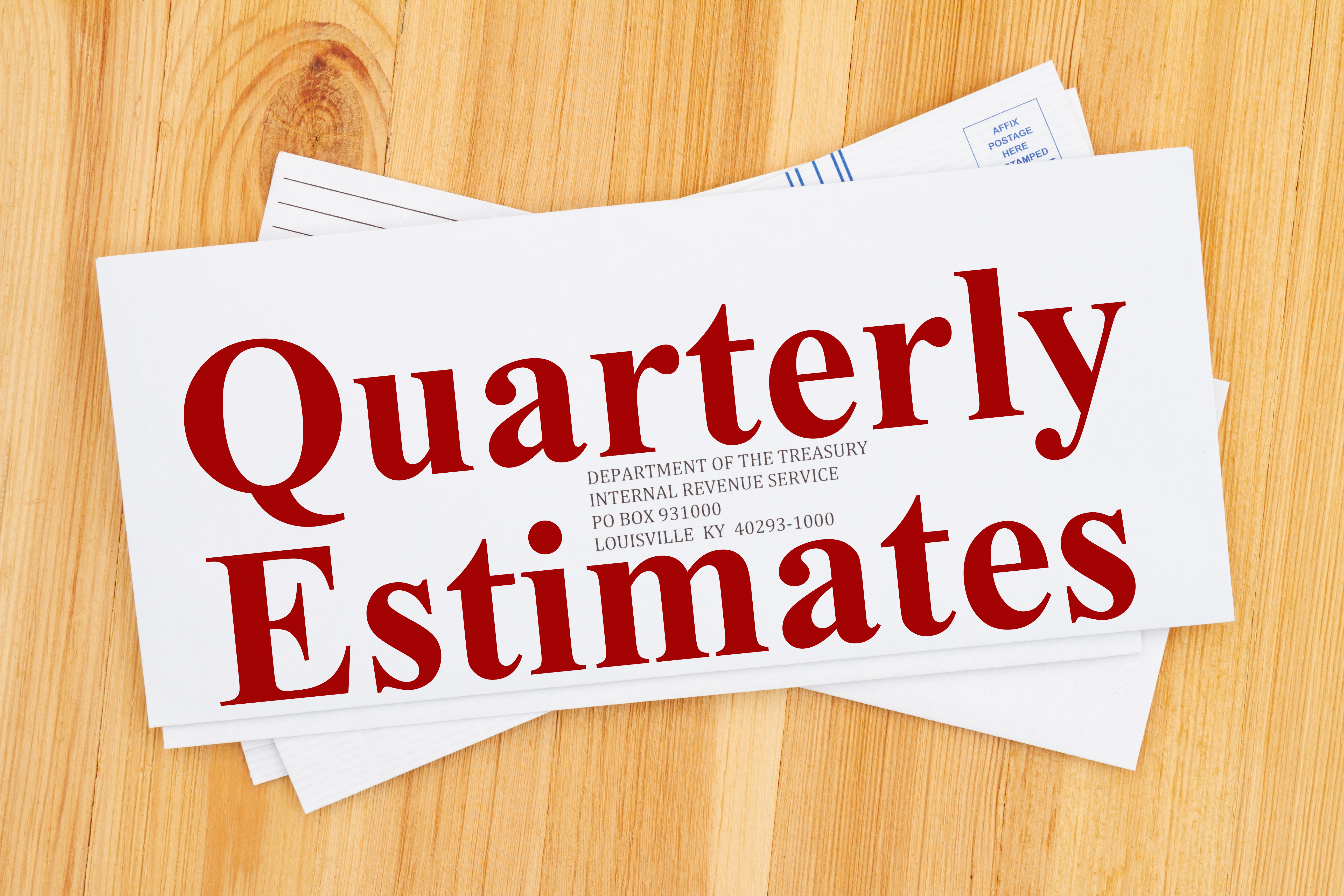Transitioning into retirement comes with various shifts in financial responsibility, including how you handle taxes.
With your working years behind you, managing tax payments now rests on your shoulders. However, this transition can be made seamless with the proper guidance. Here are some critical points to consider as you navigate managing your own quarterly tax payments:
1. Understanding Your Taxable Income: In retirement, your income will likely come from various sources such as Social Security, pensions, retirement accounts, and investment income. It's crucial to remember that these are still taxable. The IRS expects you to make estimated tax payments quarterly based on this income.
2. Estimating Your Tax Payments: Start by estimating your total taxable income for the year. This estimate should include all your income sources and any deductions you might be eligible for. Once you have an estimate, divide it by four to get a rough idea of what you'll owe in taxes each quarter.
3. Adjusting for Portfolio Gains: If you have investments, be mindful of larger gains in your portfolio due to strong market performance. These gains can increase your taxable income for the year. You should include these gains in your quarterly tax estimates, as they can elevate your overall tax obligation.
4. Timely Payments: Quarterly tax payments aren't automatically deducted from your income as they were during your working years. You'll need to actively remember to make these payments on time to avoid penalties and interest from the IRS. Setting reminders or scheduling automatic payments can help streamline this task.
5. Adapting to Tax Changes: The tax environment isn't static – it can change yearly. Stay informed about changes in tax laws that might affect your tax obligations. You may need to adjust your estimated tax payments based on these changes.
6. Consult With Your Financial Team: If you have a CPA and a financial advisor who work together, consider letting them take care of these details so you can focus on enjoying your retirement.
Conclusion
Managing quarterly tax payments in retirement might seem daunting initially, but with understanding, planning, and organization, you can navigate this new financial landscape. By staying informed and taking an active role in managing your taxes, you can ensure a smooth and stress-free retirement.




